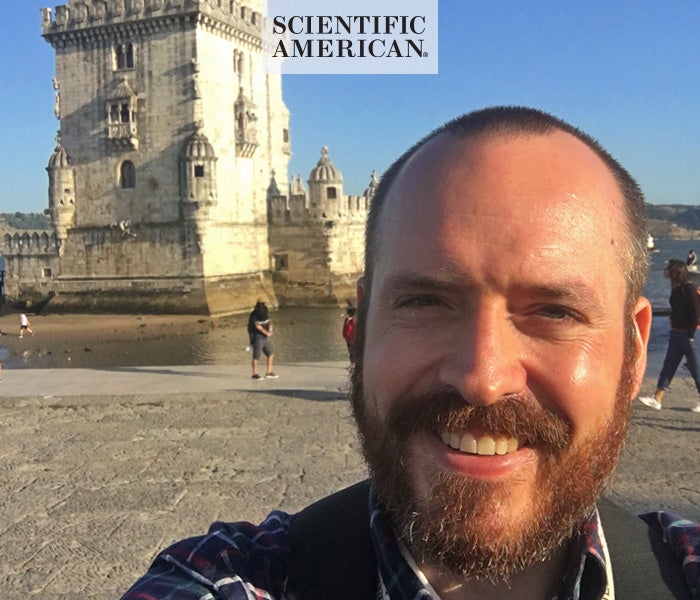| Author Spotlight: Lee Billings Dear Reader,
Through his work, Lee Billings, senior editor for space and physics, has found an outlet for relief during the coronavirus pandemic—and so have our readers, searching for a sense of awe and wonder in news from beyond.
But, Lee says, stories from his beat aren’t always exercises in escapism—even subjects as exotic as exoplanets can have surprisingly down-to-Earth implications. “I’m fascinated by the idea of some future telescope observing the nearest 10,000 stars, looking carefully for small, rocky worlds around them and not really finding another place that looks like ‘home’ to us,” he says. “This is just one example of really ‘out there’ research that still may provide real, meaningful answers to inform our everyday existence. Covering space science is about showing how we're all part of a much bigger story.”
Going into 2021, Lee feels particularly optimistic about the future of space exploration: • Mars missions are setting up for generations of future work, especially the effort to collect and return Red Planet-samples to Earth.
• The James Webb Space Telescope is scheduled to launch in October 2021, around the same time the Vera Rubin Observatory should open its eyes on the cosmos. Both facilities promise to revolutionize astronomy.
• NASA is seeking to land a man and a woman on the moon later this decade, and private spaceflight is progressing from one major milestone to the next. What excites Lee the most about his area of coverage is how scientists are constantly learning more about how humanity fits into the greater, grander story of the universe itself. “It could prove to be that what we have here on this planet at this moment in time is, in a strictly empirical sense, one of the most special situations in the galaxy, if not the observable universe. Isn’t that wild?”
Subscribing to Scientific American helps make Lee’s work possible, enabling us to gain a better understanding of our universe. Become a subscriber and support our mission.
|

.jpg)
Comments
Post a Comment